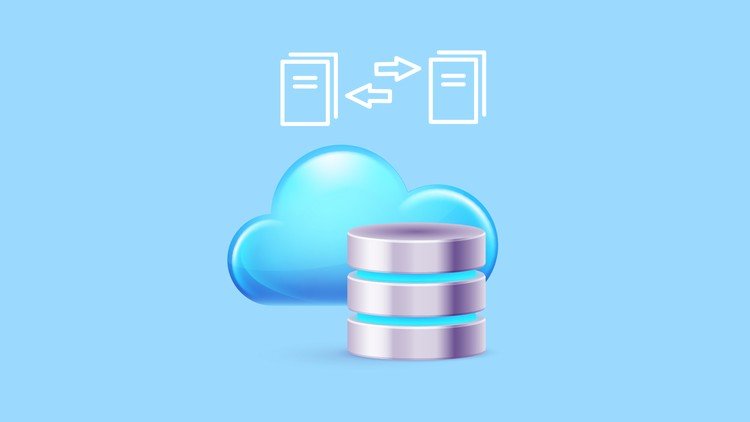Overview of Oracle APEX and SQL
Oracle APEX is a low-code development platform that enables developers to create web applications using SQL and PL/SQL. It provides a range of features such as drag-and-drop UI design, pre-built templates, and declarative programming to speed up application development. With Oracle APEX, developers can easily create complex applications without writing extensive code.
SQL plays an essential role in Oracle APEX as it is the primary language used for data retrieval and manipulation. SQL stands for Structured Query Language which is used to interact with relational databases. It allows users to query data from tables, insert new records, update existing ones, and delete unwanted ones. The combination of Oracle APEX and SQL makes it easy for developers to build robust applications that can handle large amounts of data efficiently. Become an Expert in Oracle Apex with Oracle Apex Training. Visit and Enroll now!
Advanced SQL Techniques:
Advanced SQL techniques in Oracle APEX can improve the efficiency and effectiveness of database management. One such technique is the use of subqueries, which allow queries to be nested within other queries, enabling more complex filtering and sorting of data. Another advanced technique is the use of analytical functions, which provide a way to perform calculations on groups of rows without grouping them together.
Another powerful technique is using regular expressions in SQL statements. Regular expressions are patterns that can match specific characters or character sets within text strings. This allows for more flexible searching and manipulation of data within columns. Additionally, the use of indexes and partitioning can greatly improve query performance by reducing the number of rows scanned during a search.
Overall, incorporating advanced SQL techniques into Oracle APEX can lead to more efficient and effective database management, allowing for faster and more accurate processing of data. It’s important for developers to stay up-to-date with these techniques and continually optimize their databases for maximum performance.
Using PL/SQL in APEX:
Using PL SQL in APEX allows developers to create more complex and flexible applications. With PL SQL, developers can create custom functions, procedures, and packages that can be called from the APEX application. This feature enables the application to perform advanced data operations such as handling business logic or validating user input.
Additionally, PL SQL blocks can be used to execute any valid SQL statement within an APEX application. This provides a powerful tool for manipulating data both within the database and within the application itself. Using PL SQL blocks also reduces network traffic by enabling multiple statements to be executed with a single request.
Performance Optimization:
Performance optimization is a crucial aspect of any application development process. It involves identifying and resolving performance bottlenecks in the application to ensure that it runs smoothly and efficiently. In the context of advanced SQL techniques in Oracle APEX, performance optimization becomes even more critical due to the complexity of the queries involved.
One way to optimize performance in Oracle APEX is by using indexing techniques. Indexes are used to speed up data retrieval operations by creating a copy of a portion of a table or view’s data that can be searched much faster than scanning the entire table or view. Properly indexed tables can significantly improve query response time, which can lead to faster page load times and an overall better user experience.
Security Considerations:
When it comes to advanced SQL techniques in Oracle APEX, there are a few important security considerations to keep in mind. First and foremost is the need to protect against SQL injection attacks. This can be done by using bind variables instead of hardcoding values into queries, and by sanitizing any user input before incorporating it into a query.
Another key consideration is data privacy. When dealing with sensitive information such as user passwords or financial data, it’s important to ensure that this information is properly encrypted both in transit and at rest. Additionally, access controls should be put in place to limit who has permission to view or modify this data.
Preventing injection attacks, user permissions
Preventing injection attacks is a crucial aspect of database security, especially when it comes to advanced SQL techniques in Oracle APEX. Injection attacks involve inserting malicious code into an application’s input fields, which can then be executed and cause damage to the database or allow unauthorized access to sensitive information. To prevent these types of attacks, developers should ensure that user input is properly sanitized and validated before being used in SQL queries.
In addition to preventing injection attacks, enforcing user permissions is also essential for securing a database. User permissions determine the level of access that each user has to specific data and functionality within an application. By defining roles and privileges for different users or groups of users, developers can ensure that only authorized individuals have access to sensitive information and operations within the database.
Conclusion:
In conclusion, advanced SQL techniques in Oracle APEX can help developers to create more efficient and effective applications. By using features such as subqueries, window functions, and pivot queries, developers can write complex queries that retrieve data in a structured manner. This not only improves the performance of the application but also simplifies the development process.




